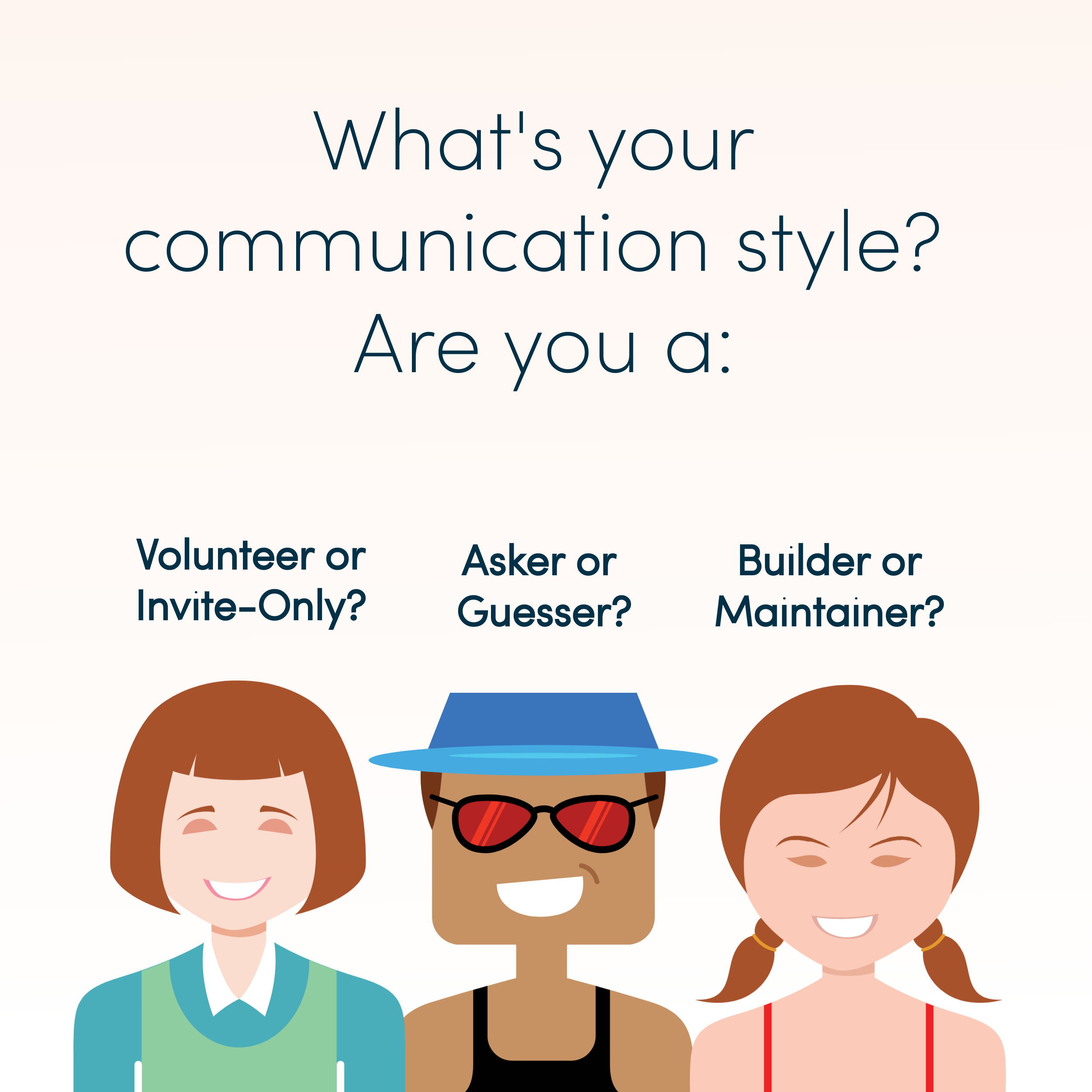


Chronic phone makes life feel less meaningful. Here’s why and how to start breaking the habit.
Everyone talks about how chronic phone use makes you less present and focused, but nobody’s talking this even scarier and more existential consequence: that chronic phone use literally reduces our sense that life is meaningful.
Like many of us, I often feel addicted to my phone—but I never felt motivated enough to change my habits until I learned the 4 shocking ways that phone use erodes our sense of meaning. Read to the end for some of the most helpful ways I’ve found to break the habit.

My Top 5 Books for People in Identity Crisis
My top 5 books for people in identity crisis help us finding meaning, clarity, and direction in the midst of a destabilizing time.

Why Success Stops Feeling Good: The Psychology of the Hedonic Treadmill
We’re taught to believe that once we reach a certain milestone—a certain life goal, job title, financial status—we’ll finally feel we’ve “arrived.” We’ll finally be happy.
But research shows that even our biggest successes quickly become our new normal, and we end up chasing the next milestone just to feel the same.¹ This tendency to return to our baseline level of happiness—regardless of major positive or negative experiences—is known as hedonic adaptation, or the hedonic treadmill.
For the high-achiever, learning about the hedonic treadmill can be utterly life-changing—giving us not only permission, but incentive, to break free from the narrow cage of striving. In this article we’ll explore why—and discuss which new, sustainable sources of joy and meaning are scientifically shown to fill our cups and keep them filled.

In love, my intuition said leave; my fear said stay. Here’s how I made the impossible choice.
Have you ever known that you needed to leave—but felt unable to do it? Suspected that something wasn’t right—but just couldn’t let go?
The unthinkable thought—“I don’t want this anymore,” “This isn’t right for me,” “I have to leave,” “I can’t keep doing this”—is the moment that precipitates many major life transitions.
In this article, I’ll share my own journey arriving at the unthinkable thought in my romantic relationship. We’ll explore why it can take so long to confront the unthinkable—how our bodies often sense it before our minds—and how protracted, messy endings can actually reflect profound inner wisdom. Finally, we’ll examine how to cultivate the inner resourcefulness we need to follow our intuition—even when it whispers the unthinkable—so we can leap into the life that’s calling us.

Research says these 4 things give life meaning—and we’re missing them.
No matter how many people like you, how successful you are, or how perfect your life looks on paper, you might still feel like a deeper sense of meaning is missing. That’s because research shows that humans consistently find deep, lasting meaning in four places—and none of them have anything to do with achieving, earning, getting others’ approval, or doing what you were told you “should.”
In this article, we’ll unpack each of those four sources; explore how modern culture seduces us away from them; and demystify how we can meaningfully reconnect with them—particularly during times of transition—to find the North Star we didn’t realize we were missing.

How I left a life that looked good on paper for a life that actually felt good.
I built a booming coaching business with hundreds of thousands of followers, a six-figure book deal, and features in The New York Times. On paper, I was living the dream.
But behind the scenes, I was burnt out, depressed, and meaning-starved. I kept on this way for years—waiting for a satisfaction that never came—until, at the peak of my career, a series of devastating losses changed everything for me.
This is the story of how hitting rock bottom became the key that set me free from the cage of conventional success—and gave me the courage to build a life abundant with connection, purpose, and heart on the other side.

The person setting boundaries can be heartbroken, too.
In mental health discourse, we frequently discuss boundary-setting guilt: the fact that sometimes, setting boundaries hurts the people that we love. But we rarely acknowledge the fact that the person setting boundaries is often heartbroken, too.
By heartbroken, I don’t mean “feeling guilty” or “experiencing sympathetic pain for others’ pain.” I mean personally heartbroken: mourning the ease, intimacy, familiarity, love, or idealized future the relationship offered before the boundary was set.
Being able to acknowledge, and tend to, our heartbreak separate from our guilt is crucial to our healing—and in this article, I’ll explain how.

5 Bizarre (But Common) Phases in People-Pleasing Recovery
Have your healthy boundaries turned into rigid walls? Are you more annoyed with others than ever before? Do you want to withdraw from your social life? You might be experiencing one of these 5 common but little-known phases of people-pleasing recovery.

9 powerful journal prompts to celebrate your growth in 2024—and envision a bold, values-aligned 2025.
Every December, I’m surprised by how many New Year’s reflections focus exclusively on the future: goals, resolutions, aspirations, intentions. Envisioning is important, but by only looking ahead, we miss the opportunity to slow down, reflect, celebrate, and integrate the year that’s passed.
These 9 end-of year journaling prompts include 3 questions for learning from 2024; 3 questions for celebrating 2024; and 3 questions for envisioning a bold 2025.

Outgrowing What’s No Longer For You: 3 Steps for Brave Transitions in Relationships, Work, and Life
If you’re going through a transition right now—outgrowing a relationship, career, friend group, or way of life—and you’re experiencing a lot of self-doubt, self-criticism, or shame—this article breaks down the process that has helped me make sense of, and proceed bravely through, some of the hardest transitions I’ve ever faced.
You’ll learn how to get clarity on where your transition is coming from; build courage to move forward in a way that aligns with your values; and find conviction to stay strong, even when your path is different from the path your family, community, or culture wants for you.

These three communication differences will totally change the way you see your conversations with friends and family.
The three communication differences—Volunteer vs. Invite-Only, Asker vs. Guesser, and Builder vs. Maintainer—have helped millions of people understand how they and their loved ones communicate—and have helped heal hidden assumptions that had been hurting their relationships for years.
This article gives a complete deep dive into the three communication differences. We’ll break them down, explain the pros and cons of each, and, most importantly, offer a clear guide for how to communicate about them with friends and family who don’t share your style.

Here’s why trying to “reason your way” out of boundary guilt isn’t working—and here’s what to do instead.
Telling yourself you “shouldn’t feel guilty” about setting a boundary is like telling yourself you “shouldn’t feel anxious” when you're anxious.
It doesn’t actually help.
We may intellectually know that it’s okay to put our needs first, but our emotions aren’t onboard. In this article, I’ll explain why it doesn’t work to “logic your way” out of guilt—and share what actually does help instead.







Get my book, STOP People Pleasing and Find Your Power
A step-by-step guide to speaking up, setting empowered boundaries, and becoming your own best advocate.
